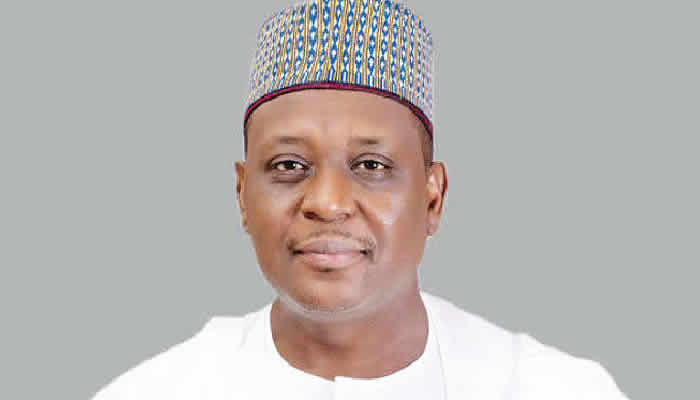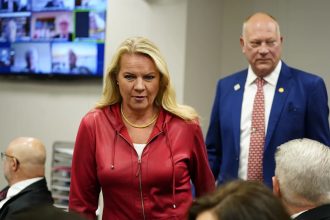The Federal Government on Monday unveiled plans to boost domestic health financing and reduce Nigeria’s dependence on international donors, pledging increased investment and a push for local production of essential medicines and medical supplies.
Speaking in Abuja at the HIV/AIDS, Tuberculosis and Malaria Generative Workshop to design a transition pathway to self-reliance in funding essential health services, the Coordinating Minister of Health and Social Welfare, Prof. Ali Pate, warned that reliance on foreign aid was unsustainable and urged urgent local ownership of the country’s health system.
According to him, Nigeria’s long-term goal is to achieve self-reliance in health financing and service delivery.
“For more than two decades, we have benefited from the generosity and support of various external partners in the fight against HIV, malaria, and other conditions. Those partnerships have been instrumental in responding to our disease burden, expanding access to specialised services, and strengthening our health system. I am especially grateful to the United States Government, the Global Fund, and others who have contributed,” Pate said.
However, he noted that “the recent suspension of the World Health Organisation cuts puts us in the urgency of reinforcing sustainable country-led systems, strengthening our local institutions, and taking full programme management. In the last 25 years, the way the global health architecture was constructed was fundamentally unsustainable for the issues we have, and that is what we are seeing.”
Pate stressed that the country must take responsibility for financing its health needs.
“When we look at external finances, we are completely dependent on the support of OECD governments and others. To think that we can build a healthy nation and population using other people’s money is illogical. While we can’t change overnight, we must start now.”
He also called on state governments to invest more in their citizens’ health.
“We cannot rely on external funders to invest in the health and well-being of our own people. We must invest more of our resources to take care of our people. We want state governors to deploy some of the revenues they are getting from the improved fiscal situation in the country,” he said.
The minister disclosed that the government planned to increase budget allocations for health at federal and state levels, ensure timely fund releases, retain health workers previously paid by donors, and expand local manufacturing of medicines and health commodities.
He assured stakeholders that outcomes from the workshop would be implemented, citing ongoing reforms and a sector-wide approach already agreed upon with state governments.
The Director General of the National Agency for the Control of AIDS, Dr. Temitope Ilori, said the workshop was aimed at identifying immediate gaps and creating long-term sustainability plans to avoid over-reliance on foreign aid.
She emphasised that Nigeria must take ownership of its health response across HIV, TB, malaria, and maternal and child health by using government structures, mobilising domestic resources, and ensuring uninterrupted services.
“We have the political will, the government is responsive, we are not only reactive but also responsible. The administration of President Tinubu is a listening administration and has facilitated resources to ensure there are no gaps. Because of that political will, we will have the necessary resources to sustain locally driven health programmes,” she said.









